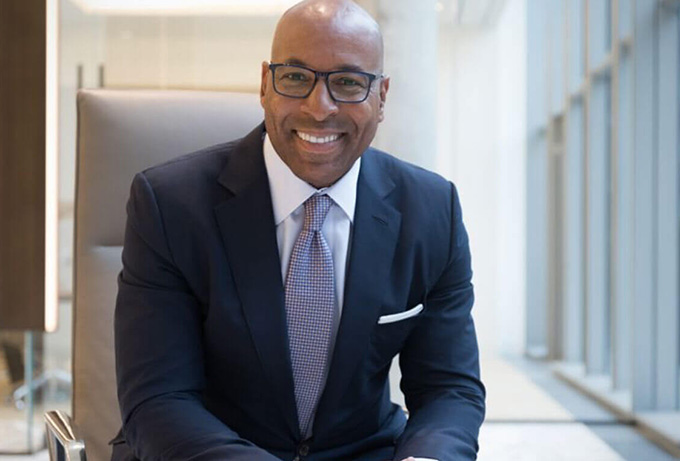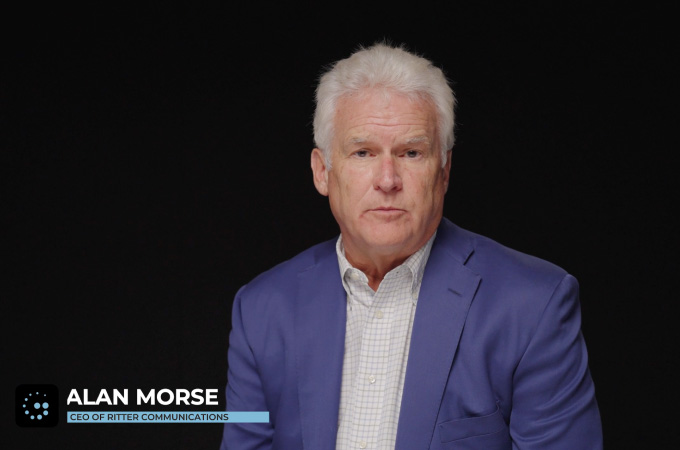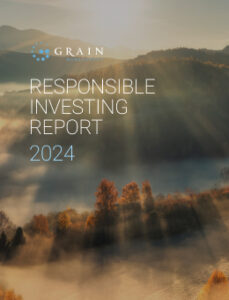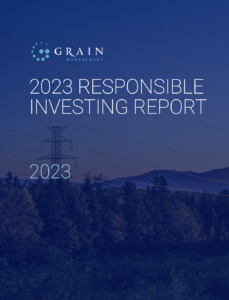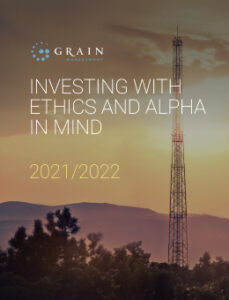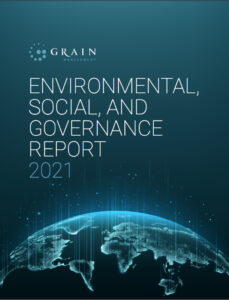Our Vision
Communication is the foundation of human relationships. Our vision for investing is driven by the passion we have for connecting communities around the world, effecting positive change through access to digital infrastructure and communications technology.
As we continue to invest across the communications ecosystem, the Firm has bridged the divide in an increasing number of unserved and underserved communities, assisting residents through connectivity and access to information, services, and meaningful work, and driving the performance of local businesses.
Our Philosophy
As we continue to invest across the communications ecosystem, the Firm has bridged the divide in an increasing number of unserved and underserved communities, assisting residents through connectivity and access to information, services, and meaningful work, and driving the performance of local businesses.
Our Pillars
As we continue to invest across the communications ecosystem, the Firm has bridged the divide in an increasing number of unserved and underserved communities, assisting residents through connectivity and access to information, services, and meaningful work, and driving the performance of local businesses.
Supporting Our Communities
Sed sit amet quam molestie, cursus magna at, condimentum ante. Etiam tellus lorem, euismod id dolor sit amet, tempor porttitor risus. Proin orci justo, varius at ante at, finibus sollicitudin justo. Curabitur odio orci, scelerisque id metus vitae, mattis faucibus lacus. Mauris hendrerit lobortis lectus vitae ornare. Proin convallis volutpat ipsum ac suscipit. Vivamus iaculis, quam a tincidunt viverra, sapien ex convallis est, ac posuere metus ante euismod orci. Sed ultricies enim ut diam euismod mattis. Aliquam pharetra lectus eget volutpat lobortis. Sed laoreet congue enim vel mattis.
Our Reports
Lorem ipsum dolor sit amet, consectetur adipiscing elit. Sed rhoncus tincidunt pellentesque. Maecenas venenatis fringilla vehicula. Aenean vel lorem at lorem faucibus volutpat. Suspendisse consectetur maximus lacus, ut rutrum nisl. Aenean viverra aliquet erat, sit amet vestibulum est vulputate non. Donec vitae tortor vel tortor mattis vehicula. Donec auctor bibendum augue a elementum. Mauris aliquam vestibulum purus, sed pellentesque metus suscipit vitae. Nulla facilisi. Etiam et arcu ut leo dapibus efficitur quis in nulla. Sed pellentesque hendrerit lorem, ut laoreet risus. Proin consequat nisi tortor, eu ornare libero mollis sollicitudin. In nec bibendum arcu, in ultrices tortor. Etiam varius mi vitae lorem luctus consectetur. Proin blandit a justo ut pulvinar.

